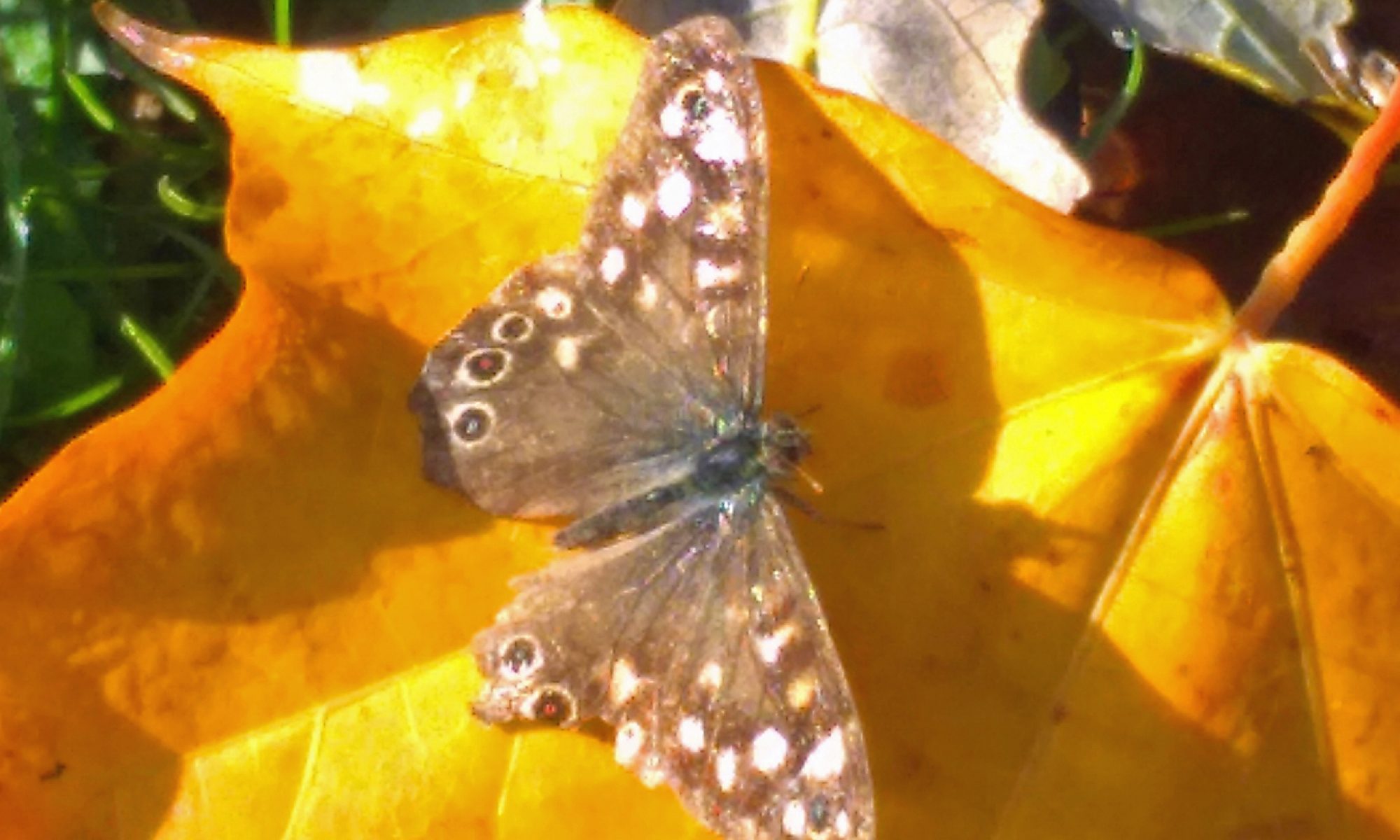
Sir Paul Nurse is one of the most important biologists in the world. He is Director of the Francis Crick Institute in London and has served as President of the Royal Society. In 2001, he shared the Nobel Prize in Physiology or Medicine for his work on the proteins that control the division of cells.
Sir Paul’s first book, ‘What Is Life?’ is one of the must-read books of the autumn. It has an accessible and engaging style and is likely to inspire many young people on a journey into biology.
The book has several themes, some autobiographical, as we follow Sir Paul into his laboratory to share his passion for the ways that “lowly” yeast cells divide. He is disarmingly modest, pointing out that he studied yeasts because he found them interesting. At the start he had no idea that the work would unlock the secrets of cancer and lead to the development of new treatments. He tells of how he almost failed to get into Birmingham University because he could not pass O-level French.
He recalls how once, when he was tired, he threw a contaminated petri dish away before going back to check it again, only to discover the holy grail of yeast cells, the one with the mutated cdc2 gene.
In this regard, his story is similar to the “accidental” discovery of penicillin by Alexander Fleming in 1928. Fortune favours the prepared, though: both scientists had the foresight and self-discipline to go back their discarded dishes to discover something more valuable than gold.
Sir Paul guides the reader through five steps of biology: the cell, the gene, evolution, life as chemistry, life as information. These are brought together in a glorious conclusion to consider the biggest question” what is life?”
“The answer I got at school was something like the MRS GREN list, which states that living organisms exhibit Movement, Respiration, Sensitivity, Growth, Reproduction, Excretion and Nutrition. It is a neat summary of the sorts of things that living organisms do, but it is not a satisfying explanation of what life is. I want to take a different approach. Based on the steps we have taken to understand five of biology’s great ideas, I will draw out a set of essential principles that we can use to define life.”
Nurse, Paul. What Is Life? (p. 96). David Fickling Books Ltd.
This is what makes the book so special and why it should sneak into the bookshelves of all teachers of biology and their students. It is a glorious and joyous read.
This hardback book is available now from booksellers, and for eager beaver readers, like me, on Amazon Kindle.

